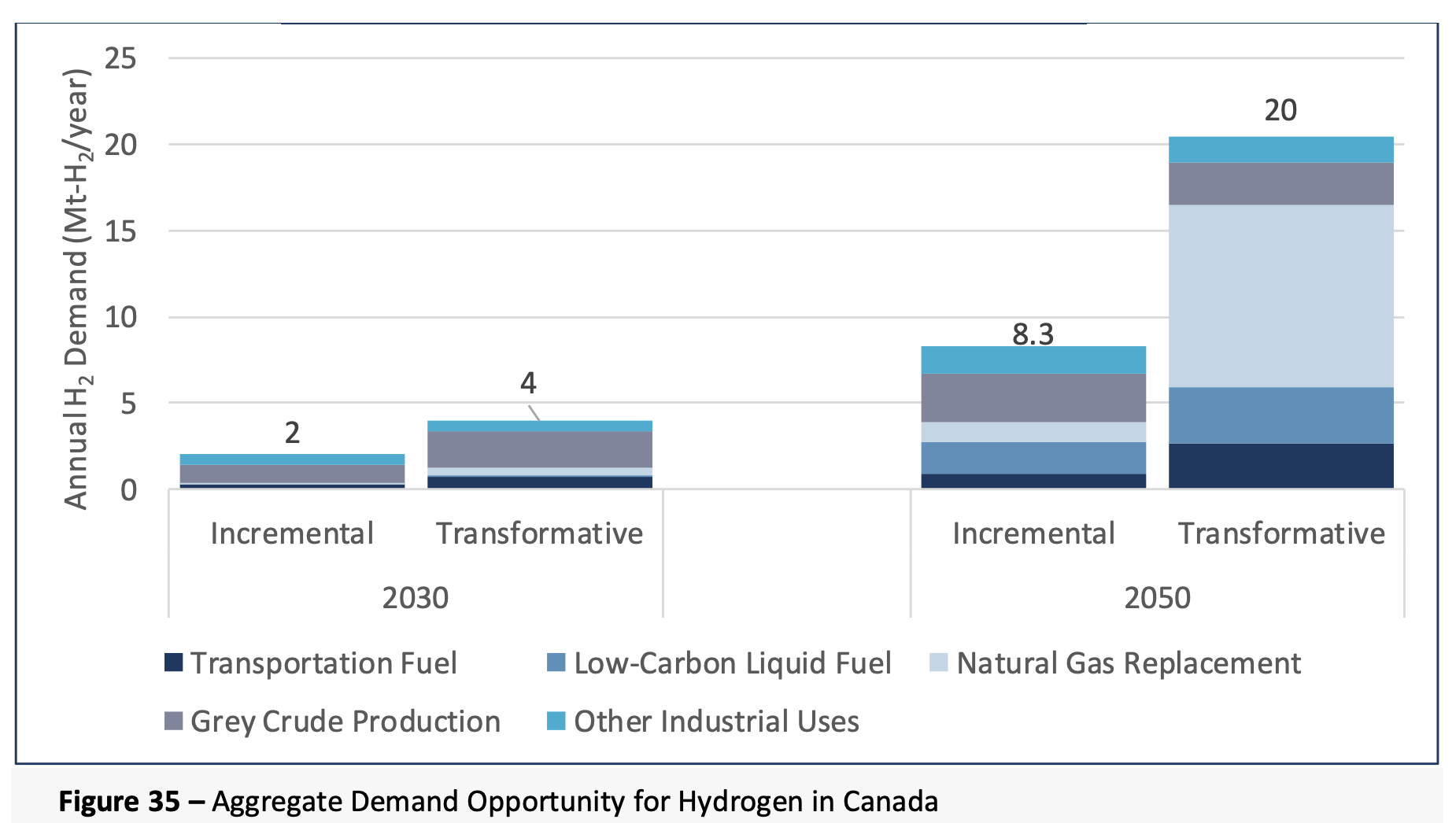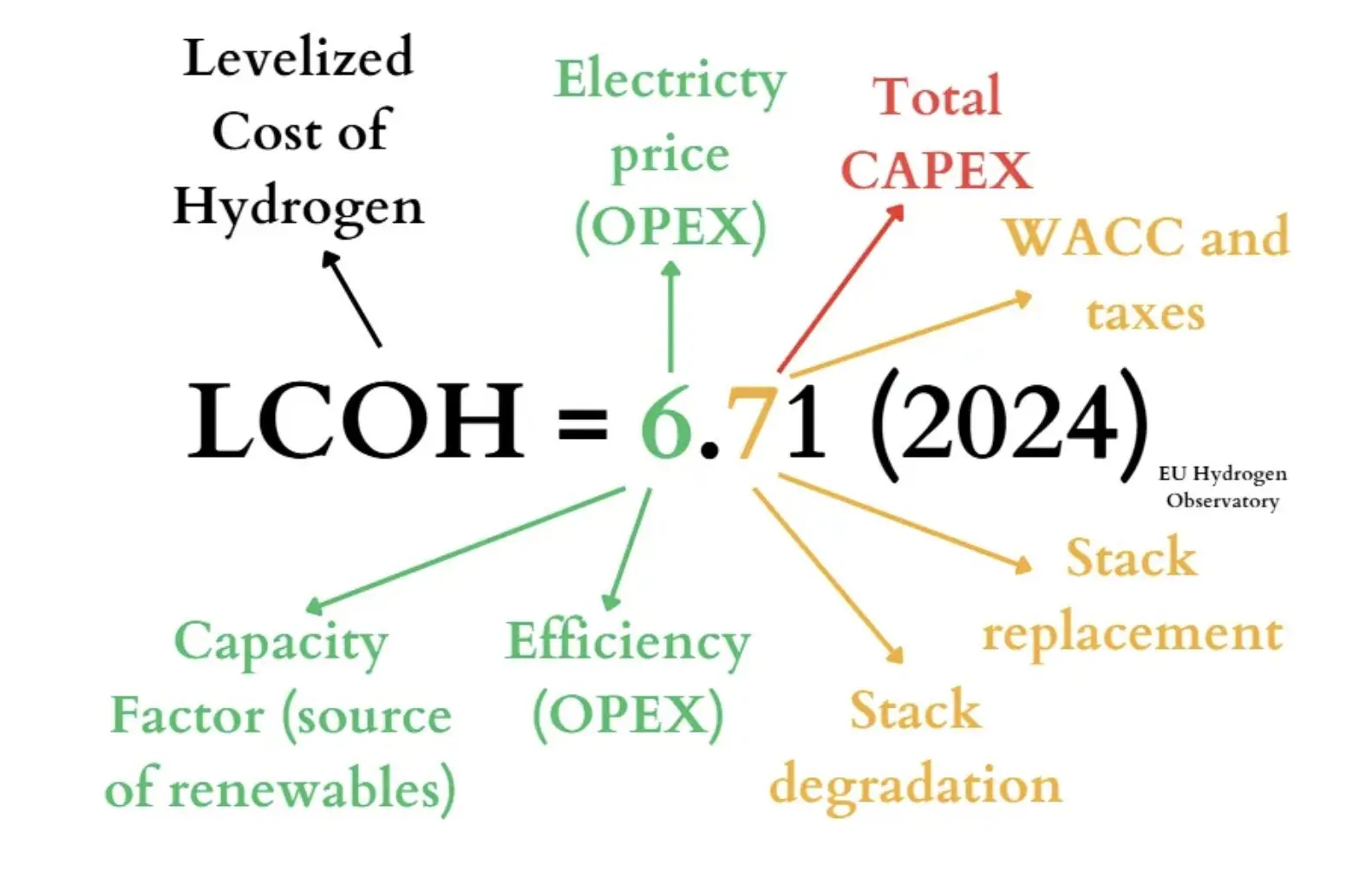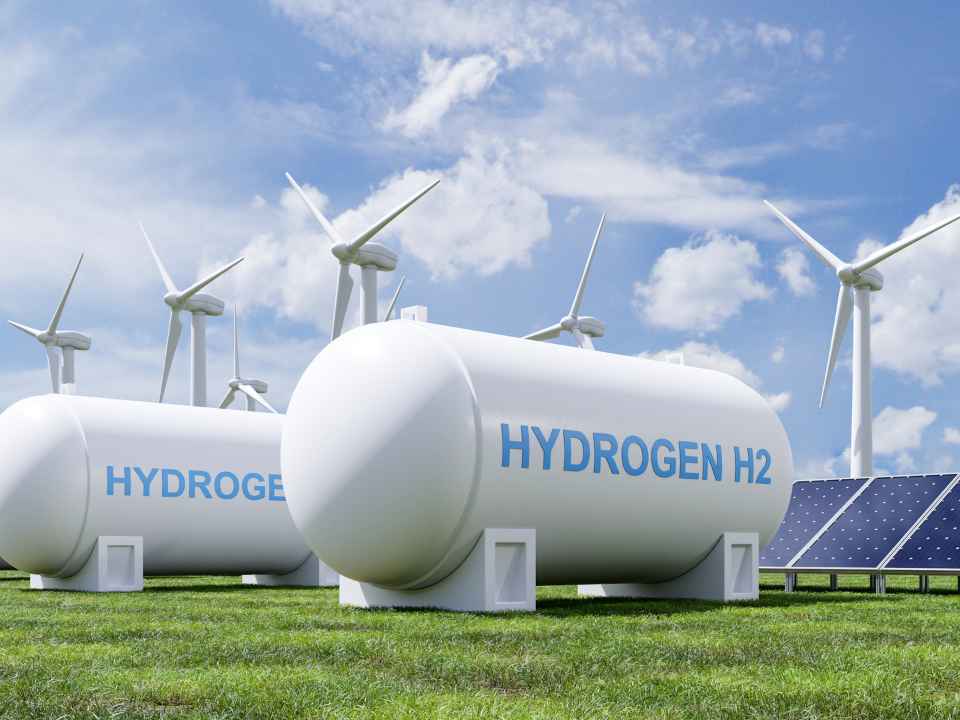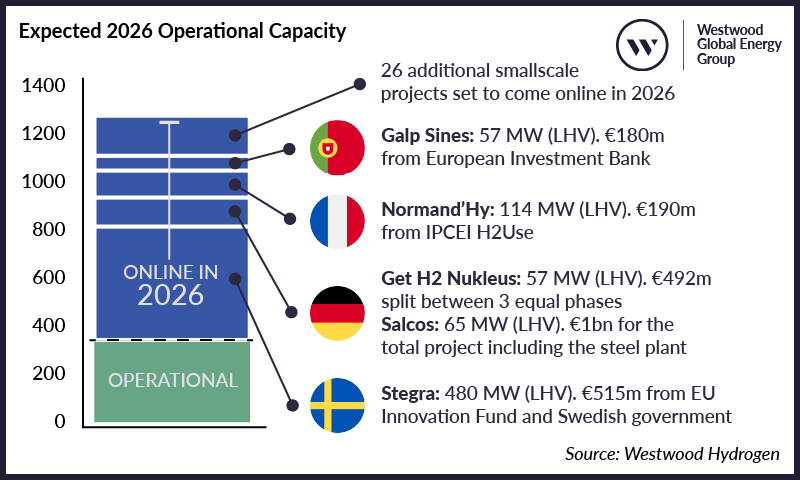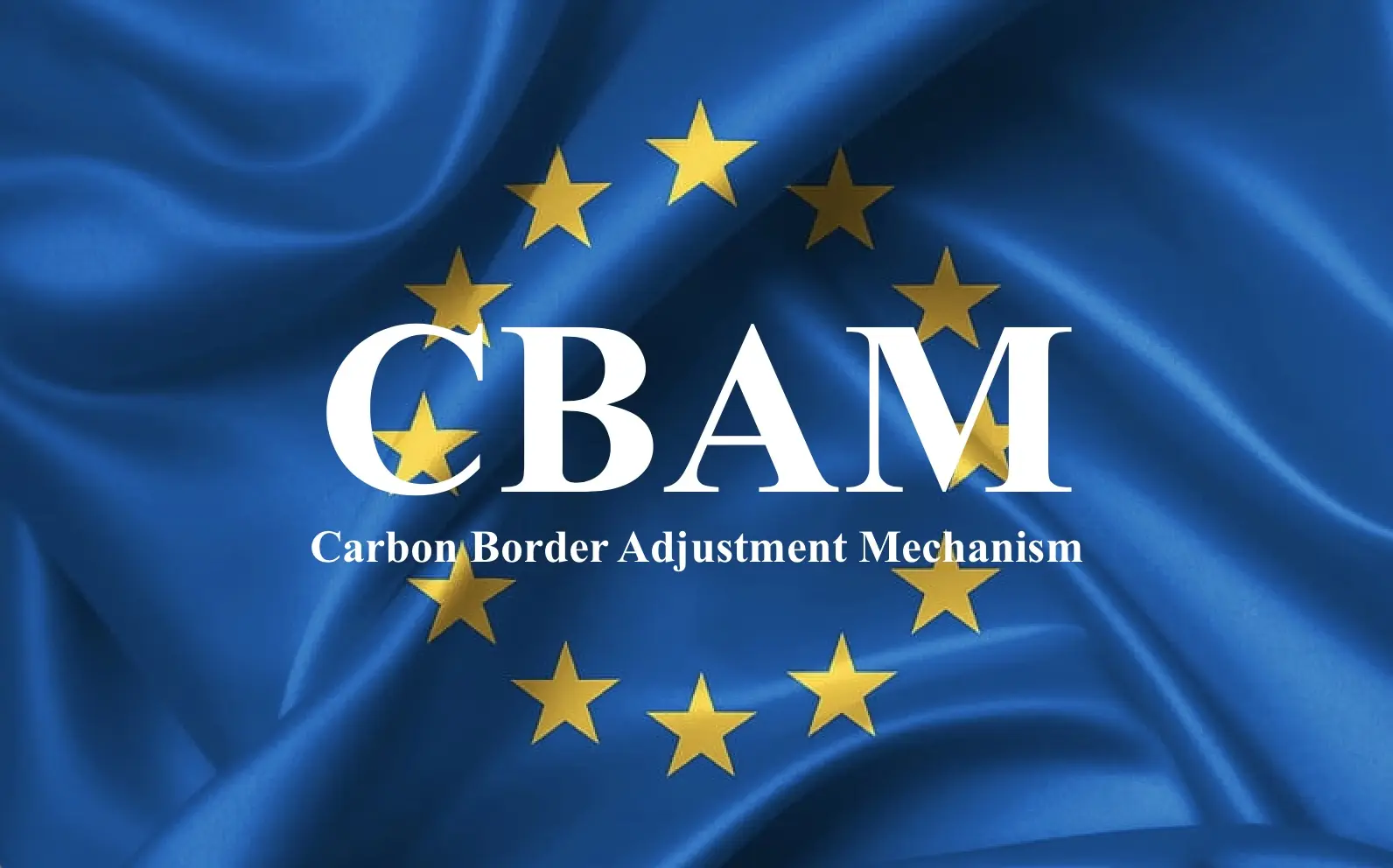
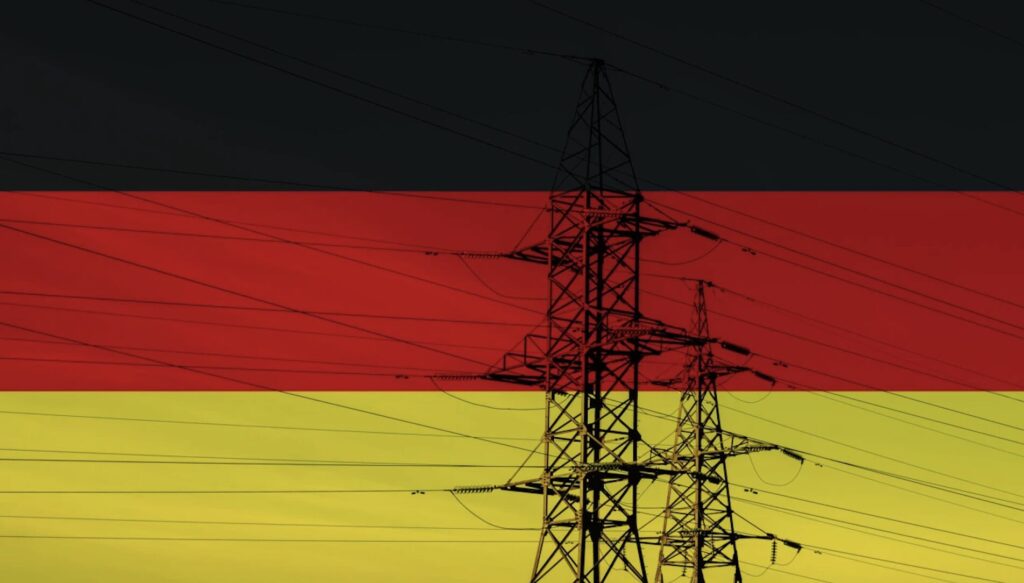
The collapse of Germany’s coalition government has thrown into disarray a tight timetable for overdue legislation and has compounded risks to energy security, experts told Montel on Thursday.
Bills to roll out new hydrogen-ready backup generation, to extend support for combined heat and power (CHP) plants and to improve the flexible response of solar energy to market signals were all on ice, said Christoph Maurer, managing director of energy consultancy Consentec.
“All these are urgently required to prevent short- to medium risks for security of supply,” Maurer said. “It is unclear now whether there will be an agreement with the opposition to let at least the rather technical parts of these bills pass. That would be very much to be hoped for.”

Photo credit: Cloudy Design/Shutterstock.com
The three-way coalition of Social Democrats (SPD), Greens and Free Democrats (FDP) fell apart on Wednesday night. Chancellor Olaf Scholz dismissed finance minister Christian Linder (FDP) over a failed meeting to agree a budget, precipitating a breakup of the government.
The country faces a political deadlock until a new election takes place, Montel reported earlier.
Scholz may be forced to turn to the centre-right opposition Christian Union (CDU/CSU) to craft compromises in the coming weeks on plans to back up renewable energy that were “crucial pillars for the energy transition”, said Marcus Ferdinand, chief analytics officer at Veyt.
Germany was set to begin tendering early next year for around 10 GW of gas-fired power plants capable of switching to hydrogen in future.
This was part of a long-delayed power plant strategy to align an exit from coal generation with a clean fallback for the country’s growing dependence on solar and wind power.
“The timeline is still possible but obviously much of the attention and energy during the next months will turn towards political survival – hence the operational speed of the government will naturally slow down,” said Ferdinand.
The vice-chancellor and economy minster, Robert Habeck, did not expect much forthcoming from the opposition, which now includes the former partners from the liberals, for the remaining months until re-elections.
However, there was a slight chance for pragmatic solutions on pressing topics like energy security, as this would benefit the whole country, he told reporters.
Short-term supply squeezes should lead to high prices, as seen this week, said Tobias Federico managing director at Montel Analytics.
He did not expect an imminent threat to security of supply, yet political paralysis inflated risk in the medium term, he said. One way to mitigate this would be to suspend coal plant closures, he added.
Ingbert Liebing, head of the utility association VKU, also saw the possibility for longer coal plant run times. Any government would make supply security a top priority and could resort to longer run times for coal past the year 2030, he told Montel.
However, it would be “big blow for the energy transition and set us back a lot on the way to climate neutrality by 2045,” he added.
The coalition aimed to end coal-fired power generation by 2030, eight years earlier than the prior administration’s target.
The Greens-led economy ministry eventually abandoned the expedited roadmap after several spats over energy policy with the FDP.
Germany has roughly 31.2 GW of gas-fired capacity, 15.1 GW of lignite and 11.5 GW of hard coal-fired power plants in the market, according to data published by energy regulator BNA in April.
Habeck wants to replace coal-fired units with more gas-fired capacity to complement the ever-growing intermittent renewable generation fleet.
Source: Montel

